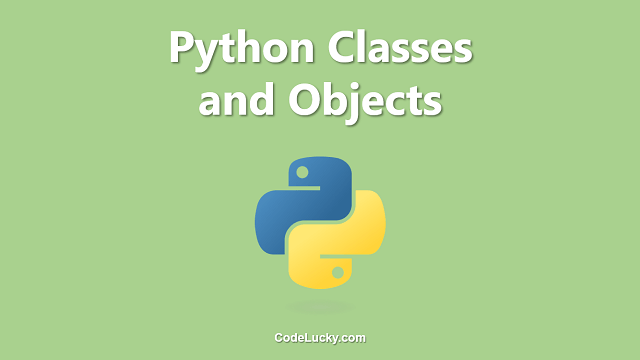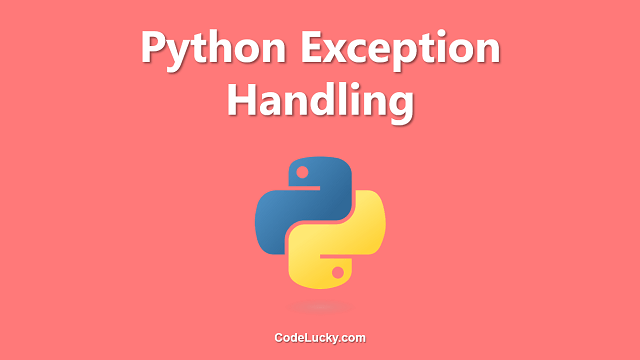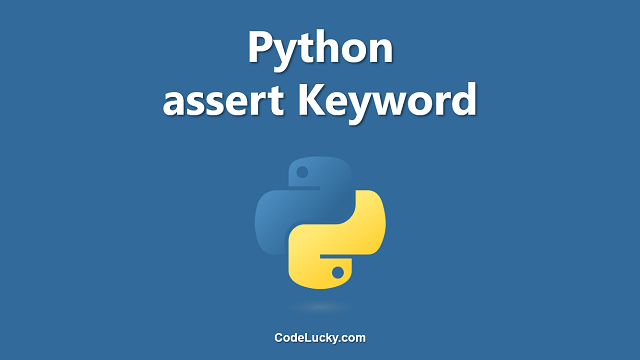In Python, keywords are reserved words that have a special meaning and cannot be used as variable names, function names, or any other identifier. Keywords are used to define the syntax and structure of the language. On the other hand, identifiers are names given to variables, functions, classes, and other objects in a Python program.
Python Keywords
There are 35 keywords in Python. Some of the most commonly used keywords are:
- and
- as
- assert
- break
- class
- continue
- def
- del
- elif
- else
- except
- False
- finally
- for
- from
- global
- if
- import
- in
- is
- lambda
- None
- nonlocal
- not
- or
- pass
- raise
- return
- True
- try
- while
- with
- yield
Python Identifiers
Identifiers are used to give a name to a variable, function, class, or any other object in a Python program. When defining an identifier, there are a few rules that must be followed:
- Identifiers must start with a letter or an underscore
- Identifiers can only contain letters, numbers, and underscores
- Identifiers cannot be the same as a Python keyword
- Identifiers are case-sensitive
Here are some examples of valid and invalid identifiers:
# Valid identifiers my_variable _private MY_CONSTANT # Invalid identifiers 1st_variable # starts with a number my-variable # contains a hyphen while # is a Python keyword
Naming Conventions for Identifiers
While there is no strict rule on how to name identifiers in Python, there are a few common naming conventions that are followed:
- Variables and functions are usually named using lowercase letters and underscores, such as
my_variableormy_function - Constants are usually named using uppercase letters and underscores, such as
MY_CONMY_CONSTANT - Class names are usually written in CamelCase, such as
MyClass - Private variables and methods are usually prefixed with an underscore, such as
_private
It is important to follow these conventions to make your code more readable and maintainable for other people who may work on it in the future. Additionally, following these conventions makes it easier for other developers to understand the purpose and use of different variables, functions, and classes in your code.







